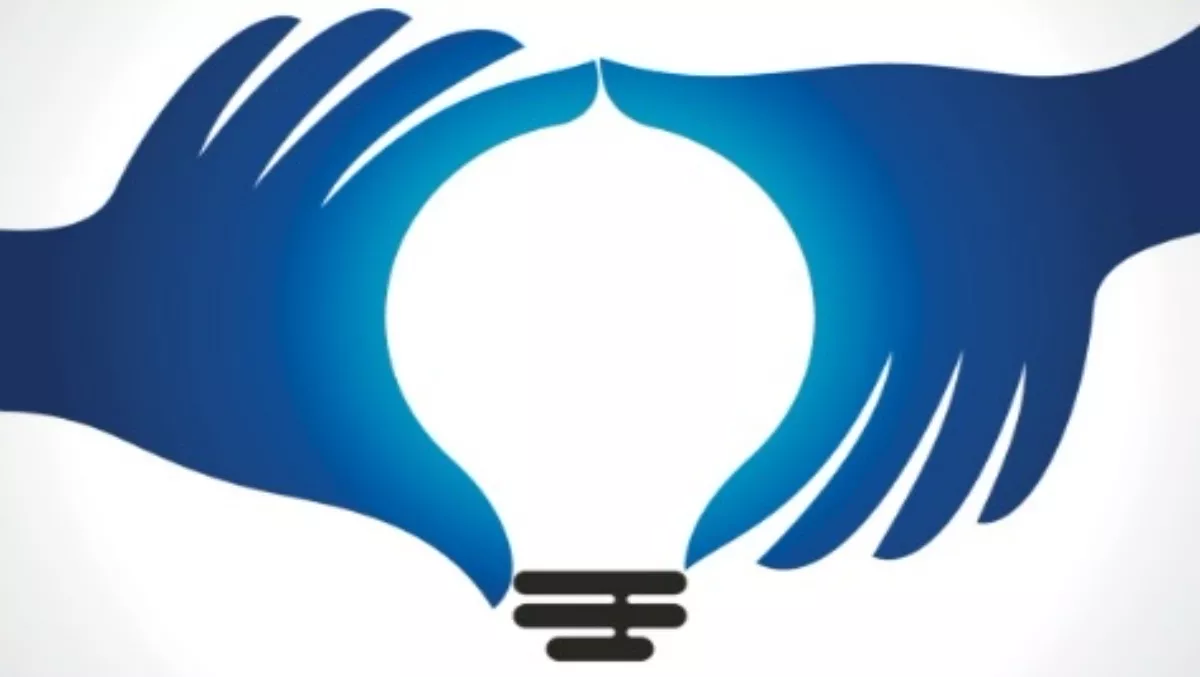
How Harmoney is disrupting the traditional finance market
Sites such as Harmoney, the New Zealand based peer-to-peer lending service that was launched last September, are said to be disrupting traditional banks and are changing the face of financing as we know it.
In 1994 Bill Gates said, "Retail banks are dinosaurs," and it is only now becoming apparent how online lending sites will impact significant change on the banking sector.
In particular, the traditional loan process generally makes it very difficult for willing lenders and borrowers to find each other, and to assess risk for small businesses. Harmoney works by putting these two groups together on one platform.
Once an application for a loan is submitted, Harmoney will assess the borrower and place them in a credit grade from A to F with an associated interest rate.
The investors then have the opportunity to choose the loans they fund, and can loan any amount upwards of $25.
Peer-to-peer lending acts as a low margin middleman, by running an online platform and taking only a small fee for the service.
Having a high volume, low margin service creates value for businesses as well as the individuals and institutions lending money through them.
According to Fortune Magazine, the new processes of platforms such as Harmoney are quicker and more convenient, as approvals can be made in as fast as 24 hours, compared to a traditional process that can take weeks and require significant paperwork.
Fortune says online lending platforms are adding momentum to the economic recovery, and the market is driving this change, not the government.
According to a report by CFSI (Center for Financial Services Innovation), financial services that fail to integrate technology leave 'tremendous opportunity for disruption through digitisation of offerings and democratisation of consumer access'.
According to the National Journal, those in the younger generation in particular are looking at alternatives to traditional banks. The journal says, 71% of Millennials would rather go to the dentist than listen to anything big banks have to say.
On top of this, alternative providers have evolved from the last resort to the first option for many SMEs.
The CFSI report says, "Savvy entrepreneurs and investors should keep a close eye on this dynamic and emerging marketplace."
To find out more about Harmoney, click here.


